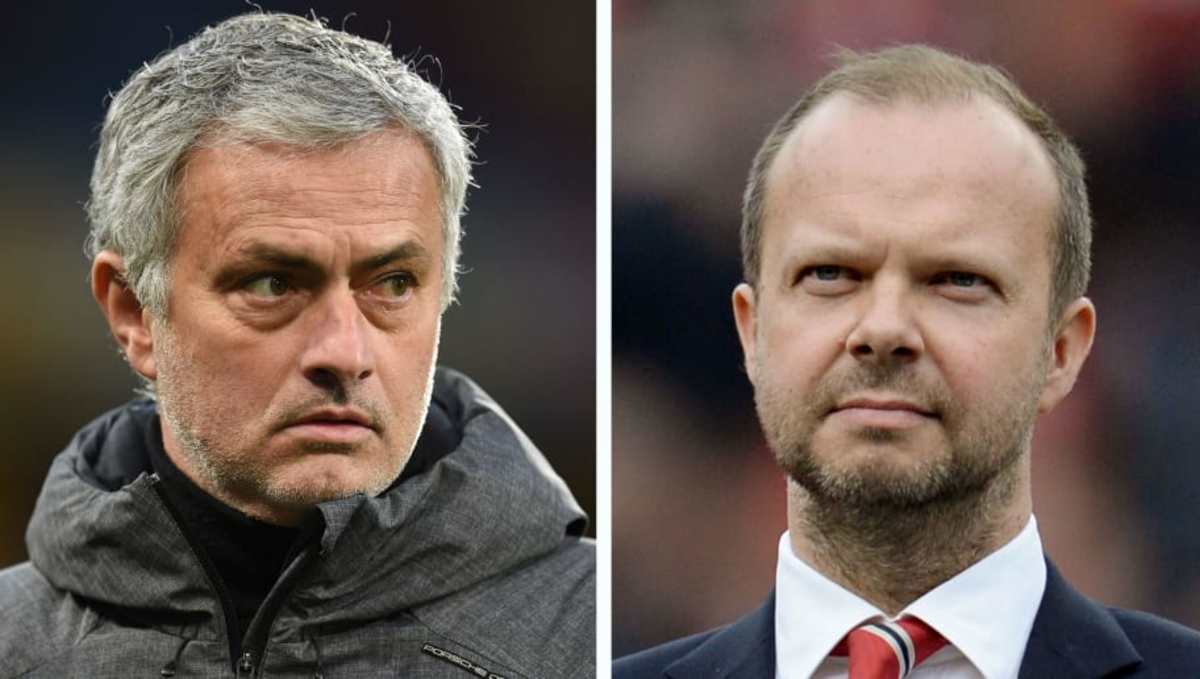Man Utd Must Restructure Following Jose Mourinho Sacking or Every New Manager Is Destined to Fail

Manchester United explained their immediate plans surprisingly clearly when it was announced that Jose Mourinho had officially left the club on Tuesday morning.
There was no uncertainty as to the path the club will now take. An interim boss (later revealed to be club legend Ole Gunnar Solskjaer) will take control until the end of the season and a permanent successor to the Portuguese will be name after the club conducts 'a thorough recruitment process' to settle on their longer term choice.
But there is much more to it than simply deciding who the best manager is that they can get and appointing him. Governed for too long by autocratic boss Sir Alex Ferguson, United badly need restructuring before any long-term decision is made.
Ferguson was able to control virtually every aspect of how the club ran and was unbelievably adept at doing so. There was a vacuum left when he and chief executive David Gill departed at the same time and United have seemingly lacked any strategy or direction ever since.
Ed Woodward has been a golden child as far as business has been concerned in recent years, mobilising United as a commercial juggernaut and ensuring the club has continued to turn over hundreds of millions of pounds each and every year despite a significant downturn in terms of what has been happening on the pitch. His expertise has protected United's spending power.
Yet the running of the football operations under his watch has been heavily criticised. 'Ed Woodward; a specialist in failure' read a fly-by banner at United's game at Burnley in September.
"There's been seven years of poor decisions and poor resentments. Who has the final say? I can't see anyone in the football club with the qualification to do that. Recruitment has been erratic," ex-United captain Gary Neville told Sky Sports News soon after Mourinho was sacked.
"The club needs to reset and take stock of what they are doing. That is not about speed, it is about making sure the next manager is the right manager. They are going to have to pay for him probably," Neville further explained.
"They are going to have to put the right structure around him. They have got to put more intelligent people in there and not hide behind the manager."
United have been rumoured to be considering a director of football/technical director setup and the Daily Mail notes that 'considerable friction' over those plans contributed to Mourinho's departure. Reassuringly, it is said that those are plans they will now 'continue to push on with'.
It is a model that is common in Europe, while in American sports there is usually a general manager and other officials working in a similar capacity above and alongside a head coach. Given their obvious NFL interest, it is surprising the Glazers haven't pushed for this sooner.
England has been the last frontier for the 'director' but now all of United's competitors are running with that model. What's more, it is serving them well. Arsenal are a good recent example, restructuring to place specialists in charge of business, football operations and recruiting. It has allowed the Gunners to create a long-term strategy independent of the coach.
Manchester City had built something similar prior to Pep Guardiola's arrival as manager in 2016, something that will equally not die when the Spaniard eventually leaves in the future.
Since Ferguson, United have appointed three very different managers. They were effectively back at square one when David Moyes and Louis van Gaal were sacked and it is now the same that Mourinho has gone. Five years on from Ferguson retiring, United haven't moved.
Hiring a new permanent manager without a significant review and overhaul of how the club is structured and run would be a huge mistake that risks the same situation occurring again another two or three years down the line, an endless cycle of lurching from one philosophy to the next and expensive knee-jerk signing after expensive knee-jerk signing.
It wasn't necessary when Ferguson was still in charge because he was the club. But football has changed so much and managers are around for so little time that it is not sustainable to tear it up and start from scratch every few seasons. It needs structure, it needs strategy, it needs long-term planning.
Until United can do that, any and every new manager will be destined to fail because they will always be playing catch up on the rest.









